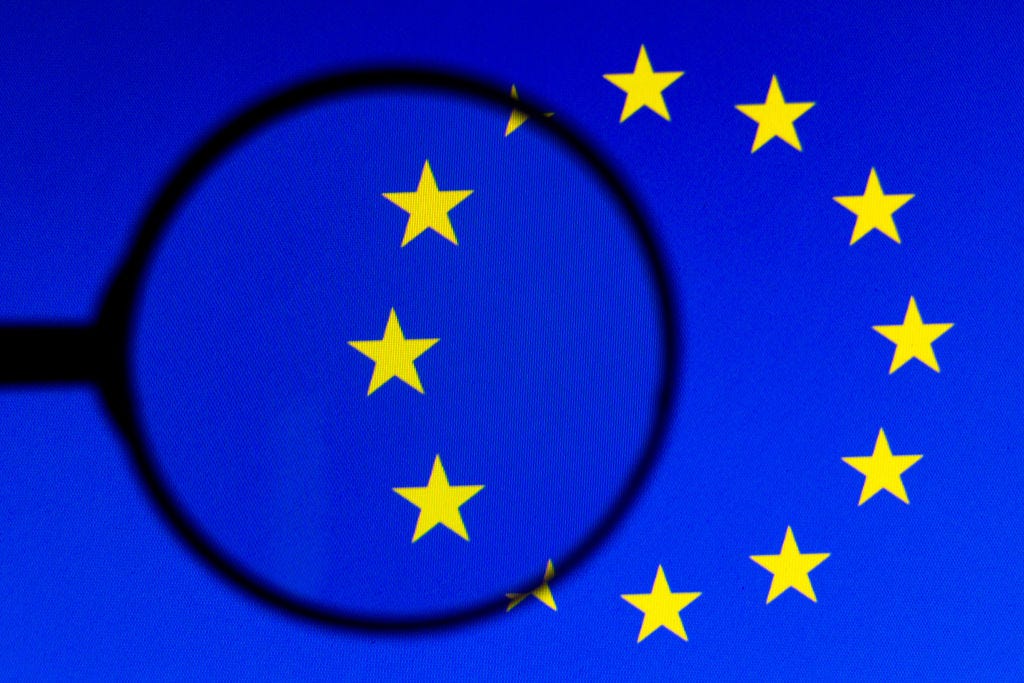[ad_1]

Image: Getty Images
The European Union have reached an agreement to push ahead with landmark digital rules to rein in “gatekeepers”, such as Amazon, Apple, Google, Microsoft and Meta among others.
The EU Parliament, Council, and Commission late last week agreed to the new rules, the Digital Markets Act, with EU lawyers now checking the legal text to finalise how the laws will operate.
Once finalised, the details of the Digital Markets Act will be made publicly available and sent through to the EU Parliament and Council for approval. Once approved, the Act will go into effect 20 days after its publication and its rules would apply six months after.
While the details of the Digital Markets Act haven’t been finalised, the EU Parliament has so far confirmed that the rules will target “gatekeepers” — companies with a market capitalisation of at least €75 billion with at least 45 million monthly users, and a platform such as a social network or search engine – with new regulation impacting their core business practices.
The EU Parliament also confirmed the dos and don’ts targeting these tech giants will include a requirement to allow third parties to interoperate with the gatekeeper’s own services in certain specific situations. For example, the largest messaging services, such as Whatsapp, Facebook Messenger, and iMessage, will have to open up and interoperate with smaller messaging platforms, if they so request.
Currently, some messaging services like iMessage do not support Rich Communication Services (RCS), which Google has said stifles richer messaging features between iOS and Android devices
“Users of small or big platforms would then be able to exchange messages, send files or make video calls across messaging apps, thus giving them more choice,” the European Parliament said.
Negotiations between the EU Parliament, Council, and Commission also led to agreement that the laws will include a requirement for businesses to only be allowed to combine personal data for targeted advertising when explicit consent has been provided by a gatekeeper company.
On the user end, the three European bodies also agreed that the laws should compel gatekeeper companies into allowing users to freely choose their browser, virtual assistants, or search engines.
Other requirements that the EU Commission proposed, when it introduced the laws two years ago, included for gatekeeper companies to allow their business users to access the data they generate from using the gatekeeper’s platform; provide companies advertising on their platform with the tools and information necessary for advertisers; and allow publishers to carry out their own independent verification of their advertisements hosted by the gatekeeper.
Related Coverage
[ad_2]
Source link

